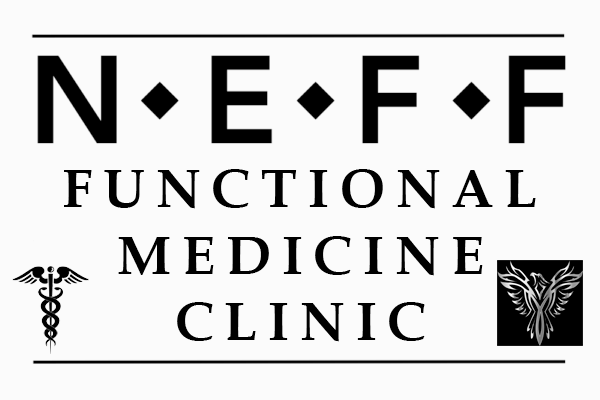
🧠 Recommended Assessment Process for Suspected Alzheimer’s Disease in New Zealand
[New Zealand Framework for Dementia Care (2013) & Dementia Mate Wareware Action Plan 2020-2025]

1. 🩺 Initial Consultation with General Practitioner (GP)
-
Clinical History: The GP gathers comprehensive information about the patient’s symptoms, including their onset, duration, and impact on daily life. This may involve discussions with family or whānau members to provide additional context.
-
Physical Examination: A general physical check-up is conducted to rule out other potential causes of cognitive impairment.
-
Basic Investigations: Blood tests may be ordered to exclude other conditions such as vitamin deficiencies, thyroid disorders, or infections.
2. 🧠 Cognitive Screening
-
GPCOG (General Practitioner Assessment of Cognition): A brief screening tool used to assess cognitive function. It includes both patient assessment and an informant questionnaire.
-
Mini-ACE (Mini-Addenbrooke’s Cognitive Examination): If initial screening suggests impairment, the Mini-ACE is administered. This test evaluates orientation, memory, language, and visuospatial function, taking approximately five minutes to complete.


3. 🧪 Laboratory Tests
-
Blood Tests: To identify reversible causes of cognitive decline, tests may include:
-
Complete blood count (CBC)Wikipedia
-
Thyroid function tests
-
Vitamin B12 and folate levels
-
Liver and kidney function tests
-
Electrolyte levels
-
4. 🧠 Neuroimaging
-
MRI or CT Scan: Imaging studies may be conducted to detect structural brain changes, rule out other conditions (e.g., tumors, strokes), and support the diagnosis of Alzheimer’s disease.


5. 👥 Referral to Specialists
-
Specialist Assessment: If further evaluation is needed, the GP may refer the patient to a specialist such as a geriatrician, neurologist, or psychiatrist for comprehensive assessment and management.
6. 📄 Needs Assessment
-
NASC (Needs Assessment and Service Coordination): For individuals requiring additional support, a formal needs assessment is conducted to determine eligibility for services such as home care, respite care, or residential care.

In summary, the assessment and management plan for suspected Alzheimer’s disease in New Zealand is underpinned by nationally endorsed frameworks and is supported by a wide range of institutions and organizations dedicated to providing person-centred, equitable, and integrated dementia care.
